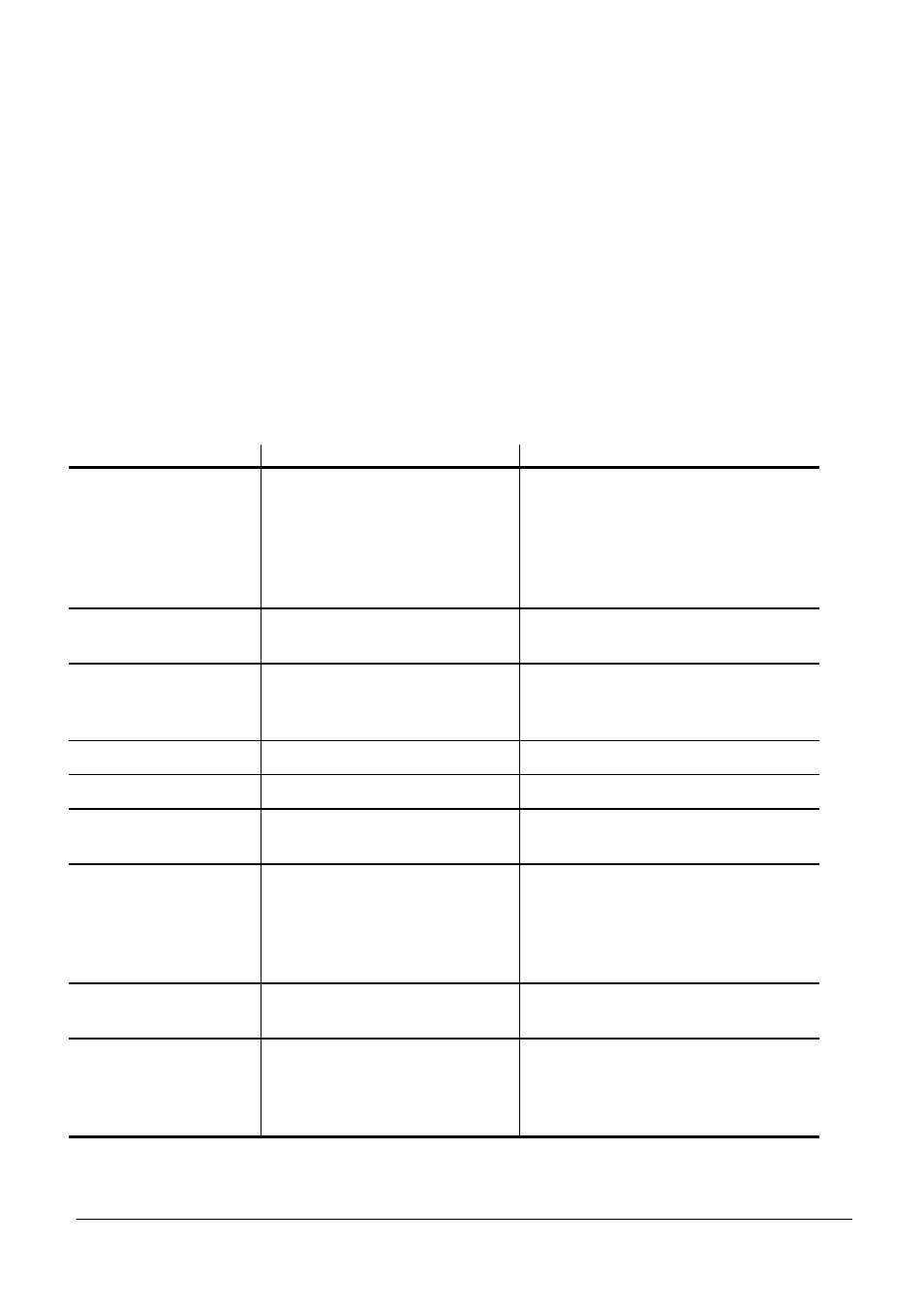HEIDENHAIN TNC 335 Technical Manual User Manual
Page 526

8/95
TNC 360
2 TNC data interfaces
8-19
If the two BCCs are not identical, the receiver sends character <NAK> (= Not AcKnowledged), i.e.
the data block has been incorrectly transferred and the same block must be sent again. This process
is repeated up to three times. An error message ("TRANSFERRED DATA INCORRECT N") is
displayed, and transfer is aborted.
If, however, this header is acknowledged with <ACK>, the first data block can be transmitted:
<STX>0 BEGIN PGM 1 MM <ETB> BCC <DC1>.
The start of a data block is always indicated by control character <STX>. The other control
characters in this block are identical to the control characters of the header.
If the block is acknowledged with <ACK>, the next program block is sent. In the event of a <NAK>,
the same block must be repeated, and so on...
If the last program block has been sent successfully (acknowledged with <ACK>), transmission
ends with characters <ETX> (End of Text) and <EOT> (End of Transmission).
Table of control characters:
Character
Meaning
Description
SOH
Start of Header
SOH indicates the start of the
transfer of the data header. The
header is a sequence of characters
which contains the program number
and information concerning the type
of program and transmission mode.
STX
Start of Text
STX indicates the start of the
program block.
ETB
End of Text Block
ETB ends a data transfer block. The
character following ETB is used for
data checking (BCC).
DC1
Start data transfer (XON)
DC1 starts data transfer after a stop.
DC3
Stop data transfer (XOFF)
DC3 stops data transfer.
ETX
End of Text
ETX is sent at the end of the
program.
EOT
End of Transmission
EOT ends data transmission and
produces the quiescent state. This
character is sent by the TNC at the
end of program input, and as an error
to external devices
ACK
ACKnowledged
ACK is sent by receiver when a data
block has transferred without error.
NAK
Not AcKnowledged
NAK is sent by the receiver when a
data block has transferred
incorrectly. The transmitter must
transmit the data block again.